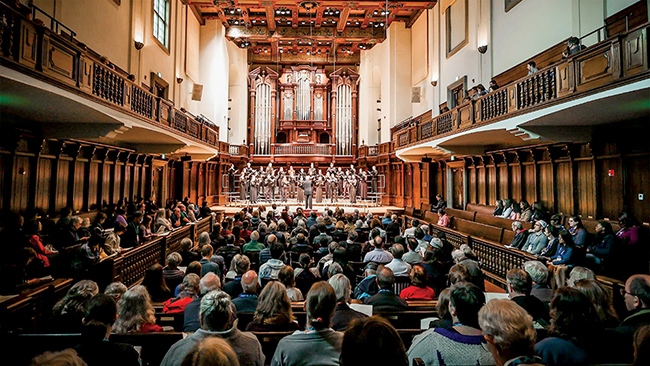Viewpoint: Taking back the streets of south Claremont
by Ginger Elliot, Sonja Stump, Jim Keith and Al Villanueva
On Monday, May 16, at the City of Claremont’s Human Trafficking Symposium at the Hughes Center, residents showed up en masse and overwhelmingly responded to a growing cancer that must be eradicated at the South Claremont corridor of the I-10 Freeway and Indian Hill Boulevard: the out of control sex trafficking, prostitution, criminal behavior, and drug use and dealing at the Knights Inn, Motel 6 and Claremont Lodge. It has become the biggest eyesore in the City of Claremont and is threatening the tranquility and public safety of our community.
Ignoring this grave city social problem is complicity in itself. The adverse impact on downtown businesses is profound. Prostitutes have been observed by reliable witnesses frequenting Claremont streets on Friday nights. The Claremont Colleges, nationally renown educational institutions located in the southern section of Claremont, can be adversely affected. College students can be negatively impacted by a growing crime wave that is slowly creeping into south Claremont.
Prostitution is a serious mental health issue that threatens the future welfare of children, both female and male. Children who grow up in emotionally abusive and dysfunctional homes are vulnerable to the sex trafficking trade. Most women, including minors, who are being prostituted have gone through a lot of emotional and physical trauma and abuse. The street and organized prison gangs who recruit the vulnerable for the sex trade use these innocents for monetary gain.
Christina Jimenez, keynote speaker from Project Sister, (a nonprofit that provides healing services for abused women), noted during the symposium, that the “dollar value of sex trafficking is as much if not more than drug trafficking in the Pomona Valley.”
One of the unintended consequences of the COVID pandemic during the last three years is the proliferation of mental health issues, including increased drug use and suicides, mass shootings, increased gang activity and violence, and the streets along south Indian Hill Boulevard becoming saturated with street prostitution.
A letter to the editor in the May 20, 2022 COURIER questioned who sponsored the May 16 symposium. As a point of clarification, the symposium was sponsored by the safe and healthy housing committee, a grassroots crime prevention organization founded in 2006 by concerned citizens living in south Claremont. The group, led by Claremont resident Jim Keith, has been organizing and working collaboratively with the Claremont Police Department to reduce crime in South Claremont since 2006. It has contributed to the reduction of crime by 60% during the last 15 years.
What are we as a community to do?
If the cancer is not addressed, it will only spread. We have to take back the streets of south Claremont.
The key, of course, is an orchestrated proactive plan of action of community policing by the Pomona and Claremont police departments. The recent street detail enforcement by CPD resulted in significant arrests. Sal Medina, Claremont councilmember representing South Claremont has been on top of this issue and is collaborating with the Pomona Police Department, which can lend valuable lived experiences to the Claremont Police Department in dealing with street prostitution.
Claremont police officers want to eradicate the cancer. They want to not just arrest the pimps, but they want to prevent crime from increasing in Claremont. They swear an oath to do so when they become public guardians of the peace.
The Claremont City Council must adopt a city ordinance like that of the City of Long Beach to hold accountable the motels and businesses that foster the sociological and economic conditions of street prostitution. Property management of the rogue motels must provide deterrence and not allow crime to fester on their motel grounds.
But the most important component of community policing is the understanding that justice is restorative and not retributive. Incarceration is a dehumanizing experience. Nonprofits like Project Sister and Tri-City Mental Health must step up to the plate and provide alternatives of healing to young prostitutes, addicts, gang members and lost ones who are lost in the culture of despair with no hope.










0 Comments